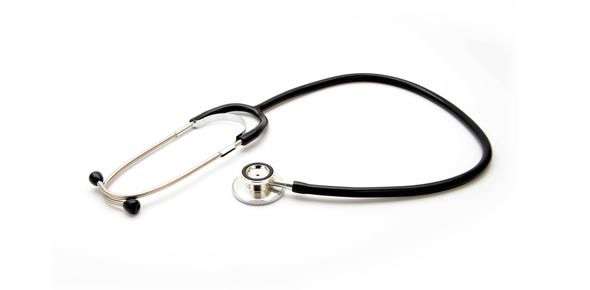Related Flashcards
Cards In This Set
| Front | Back |
|
What is Euthanasia?
|
the
practice of ending a life so as to release an individual from an incurable
disease or intolerable suffering.
|
|
What is Physician assisted suicide? How does Physician as- sisted suicide relate to the issue of euthanasia?
|
Occurs when a physician, assists the patient in
committing suicide
|
|
What is active euthanasia.
|
deliberate steps are taken to cause
the death of the patient.
|
|
What is passive euthanasia
|
doctors withdraw medical treatment with the intention of
causing the patient’s death or they neglect to take some action that would
prevent death.
|
|
What is voluntary euthanasia
|
occurs
only when ending the patients life has been requested by the patient or by
someone authorized to speak for the patient.
|
|
What is involuntary euthanaisa
|
occurs
when the patient’s life is ended against his expressed wishes. In involuntary euthanasia, not only
does the patient not give consent to being killed, he explicitly requests not
to be killed.
|
|
What is nonvoluntary euthanasia
|
occurs
when the patient has given no indication of her wishes one way or the other—no
requests to be euthanized, but no requests not to be euthanized either.
|
|
What does it mean to “play God”? Do you have to be a theist to make the “playing God” argument?
|
Playing god means that you are intervening in gods plan.. nature1. let god decide when it is time for people to die2. we should not interfere in God's natural process
|
|
The “Playing God” argument against Euthanasia
|
1. If a person commits Euthanasia, then s/he plays
God.
2.If a person plays God, then s/he does something
wrong.
3.Therefore, if a person commits Euthanasia, then
s/he does something wrong.
HS
|
|
Why we denounce the playing god arguments: principal 1
|
It is always morally wrong to do something that is not part of God’s plan. 1. How do we know what God's plan is? God specify what to do in a cases 2. how does relieving pain counts as murder
3.How do we know that it wasn't in God's plan for the
doctor to take action
|
|
Why we dencounce playing god arguments: principal 2
|
It always morally wrong to intervene in the course of nature.• Anytime we do anything – step on the grass, drive a
car etc.– we are interfering in the course of nature. But
these things aren't morally impermissible!
• There are even lots of cases where doctors radically interfere with the course of nature – such as setting a broken bone etc. – but we don't think action are morally impermissible.
|
|
Why we denounce playing god argument: principal 3
|
It is always morally wrong to influence the time of a person’s death. 1. Doctors do things all the time to extend their
patients lives – preforming CPR etc.2. ordinary things such as taking vitamins, or biking to work are things we do that might influence the time of our deaths.
|
|
What is “The Moral Difference Thesis” with regard to killing and
letting die?
|
AMA Code of Ethics regards the distinction between active and passive euthanasia as morally significant: whereas it permits many cases of passive euthanasia, active euthanasia is prohibited
|
|
What is Rachels stance on "The Moral Difference Thesis"
|
Passive and active are morally equivalent.these actions do not effect the moral status of the action. If ending a life is permissible: the bathtub cases
|
|
Nesbit on passive and active
|
**changes the way of action to character.thinks Rachels thoguht experiment is unsound-- both men were prepared to kill child--- Jones got lucky-- but Nesbit tries to show Rachels experiment in unsound but just makes it more sound--- just shows that these thought experiments are equally badNesbit is not attacking Rachels argument of action but making his own up We might also take issue with Nesbit's reasoning behind what makes for a good or bad character. What do our feelings about someone (for instance feeling threatened by them or not) have to do with their being a good or bad person? |






